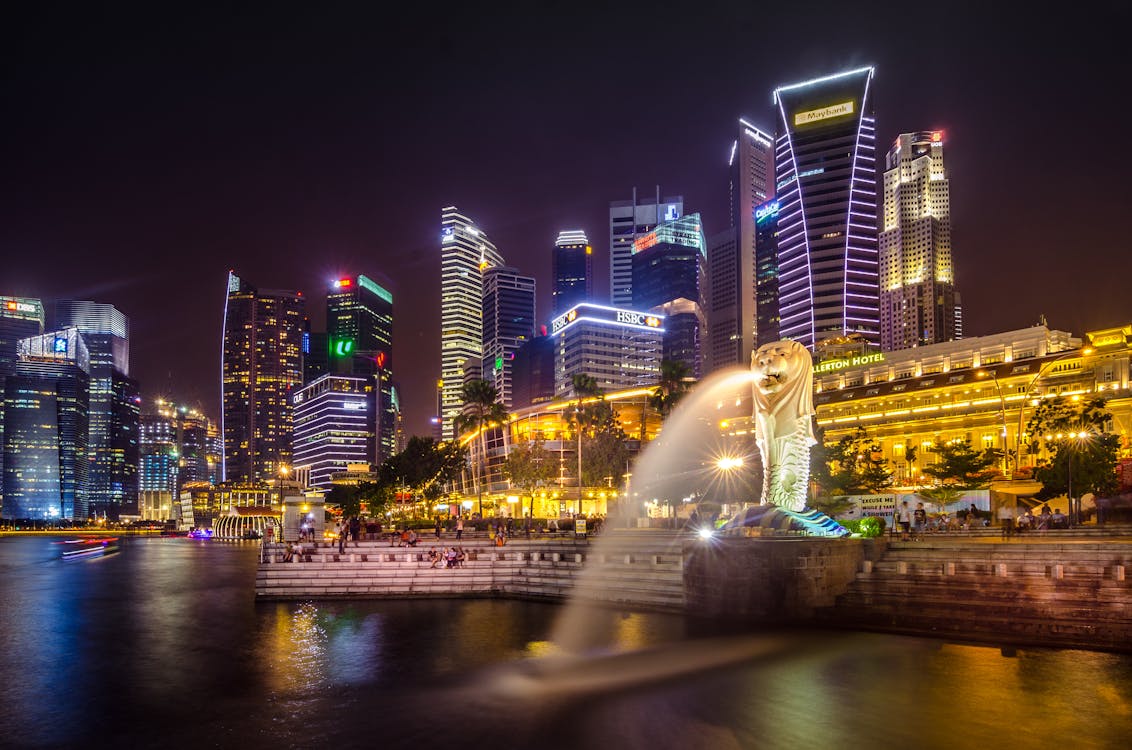Trademark Registration in Indonesia
Trademark registration in Indonesia is under Law Number 15 of 2001- Trademark Act- which is competence of the Directorate General of Intellectual Property Rights (DGIP). In this aspect, the Indonesian Government amended the Act and passed the ‘New Trademark and Geographical Indication Law’ (Law Number 20 of 2016) on the 27thof October 2016.
Why You Should Do Trademark Registration in Indonesia
In any country, owing a commercial trademark brings considerable advantages to a company. However, each country offers its own benefits of particularities. In Indonesia, there are several points you must take into account:
- Possessing a trademark enables the company to have exclusive protection of the goods and services against claims by third parties.
- Being in possession of a solid or well-known trademark gives more notoriety to the company and can potentially add more value to the products and services of the entity.
- In Indonesia, the ‘first to file’ method applies. Hence, the first legal entity to file for a trademark will be the priority for its use.
- On the 2ndof October 2017, Indonesia joined the Madrid Protocol which enables a trademark owner to seek protection of their trademark in many countries simultaneously by filing only one application with a single office and by paying a single fee (3) (4).
Steps of Trademark Registration in Indonesia
Before enlisting the steps in the following table, it is best to hire an intellectual property right consultant to process the trademark registration:
| Application |
| Formality check (15 days maximum). |
| It must be written in Bahasa. |
| Applicants’ name, nationality and address. |
| Thorough description of the colors, logos and design of the trademark. |
| Payment justification to the Directorate General. |
| Examination |
| The application will enter examination stage for 150 days if there is no other party applying in the publication period. If this happens, they will be examined at the same time. |
| The examination does not last longer than 9 months. |
| The examination is competence of the Ministry of Law and Human Rights. |
| Certification |
| If the examination is successful, the Directorate General of Intellectual Property Rights will submit a registration certificate and publish the trademark in the State Gazette. |
| During this publication phase, any party can oppose the process through a written objection. |
| If this succeeds, an examination and investigation must be carried out. |
Thus, the process can take from 12 to 24 months.
Common reasons for refusal
- If the trademark itself is against morality, public order or offensive to religion, the most likely case is the registration fails.
- It is the same or too similar to a trademark previously approved or to an application submitted before yours.
- It does not match the stated classification or with the declared goods and services.
- The name is the same of too similar to a famous person or another legal entity.
How can Double M help you?
Trademark Registration in Indonesia can be quite complex. However, DOUBLE M as a market entry solution company can help you in processing the trademark registration in South East Asia and especially Indonesia. Should you have any inquiry, please contact us at info@double-m.co

